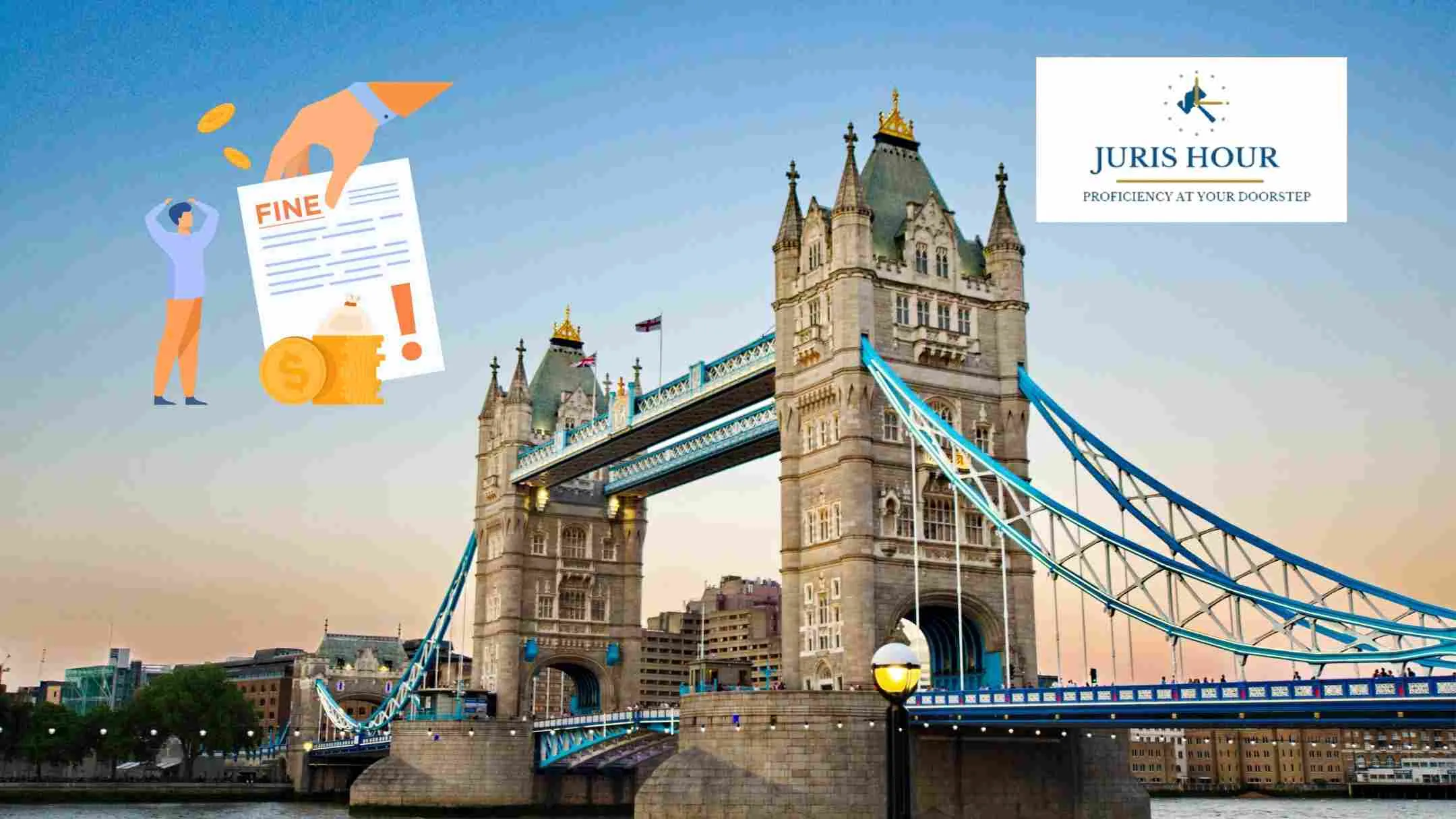Indian diplomatic vehicles have racked up more than £8.6 million in outstanding London congestion charge fees, according to Transport for London (TfL). India trails only the United States and Japan in unpaid congestion tolls, underscoring a long-standing impasse over diplomatic immunity and local laws.
Context: Congestion Charge and Diplomats’ Liability
- London imposes a daily congestion charge of £15, applicable during peak hours in central London, plus fines between £65 and £195 for non-payment.
- Transport for London and the UK government maintain that congestion charges are a fee for a service—not a tax—and diplomats are not exempt from payment.
- Some embassies, including India, contest this, citing the Vienna Convention and arguing the charge constitutes a prohibited local tax under diplomatic immunity.
Extent of the Debt
- Diplomatic missions in London collectively owe over £152 million in congestion charges accumulated from 2003 to September 2024.
- The US Embassy leads with approximately £15 million, followed by India (
£8.6 m), Japan (£10.1 m), China, and Saudi Arabia.
Parking Fines and Enforcement Challenges
- Diplomatic vehicles have also incurred a rising number of parking fines on London’s red routes—roads vital to traffic and emergency services.
- Between 2021 and 2024, over 1,780 parking penalty charges were issued to diplomatic vehicles, totaling fines exceeding £200,000. Outstanding sums currently stand around £15,000.
- While diplomats are technically immune from process, TfL insists that the charges should still apply, though enforcement is limited.
Government Response & Diplomatic Tensions
- The UK Foreign Office has issued letters to multiple missions urging payment and has pursued diplomatic engagement to resolve overdue charges.
- London’s mayor and authorities have highlighted that some embassies still refuse to comply, prompting debate over potential measures like impounding vehicles or escalating to international courts.
Why This Issue Matters
- This ongoing dispute raises serious questions about the limits of diplomatic immunity, especially concerning routine public fees and civic responsibility.
- It also reflects the inequity felt by London taxpayers when diplomatic missions benefit from city services without paying their share.
- With governments and TfL acknowledging the issue publicly, it remains unclear whether diplomatic inertia or international legal norms will prevail.
Summary at a Glance
| Aspect | Details |
|---|---|
| Daily charge | £15 + penalties for non-payment |
| India’s unpaid tolls | ~£8.6 million |
| Top debtor nation | United States (~£15 million) |
| Total embassy debt (2024) | ~£152 million |
| Parking PCNs issued | ~1,782 fine notices 2021–2024 |
| Enforcement barrier | Diplomatic immunity limits legal recourse |
Read More: Supreme Court Overrules High Court’s Bail Condition Requiring Man to Resume Marital Relations

